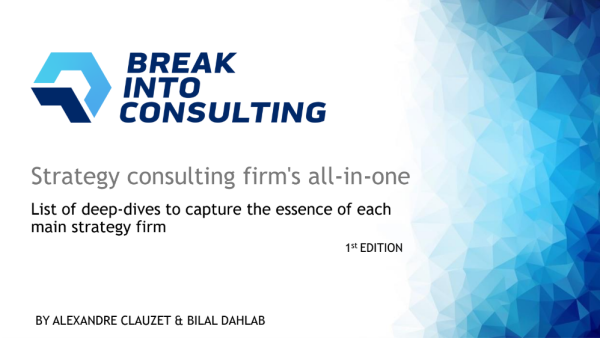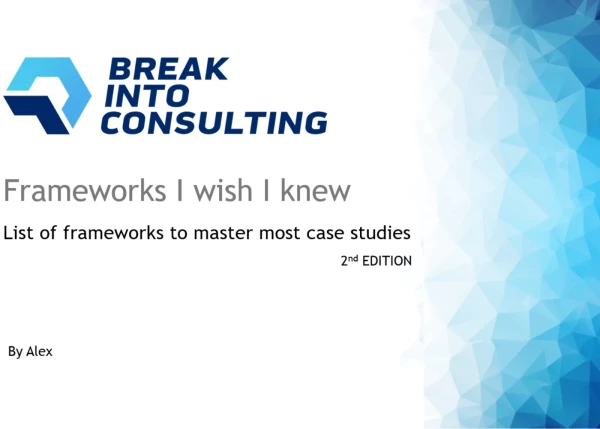Hi,
I'm a little confused when understanding how attractive a market is to enter and analysing the barriers to entry or level of competition. It seems that a market with a few consolidated players with high market shares is attractive to be in, but difficult to enter and capture initial market share. Conversely, a fragmented market with several small players is likely easier to enter but less attractive to be in. So, which of these is desirable, and what use does it serve in an analysis of whether to enter or not?
Thanks!
(editiert)











